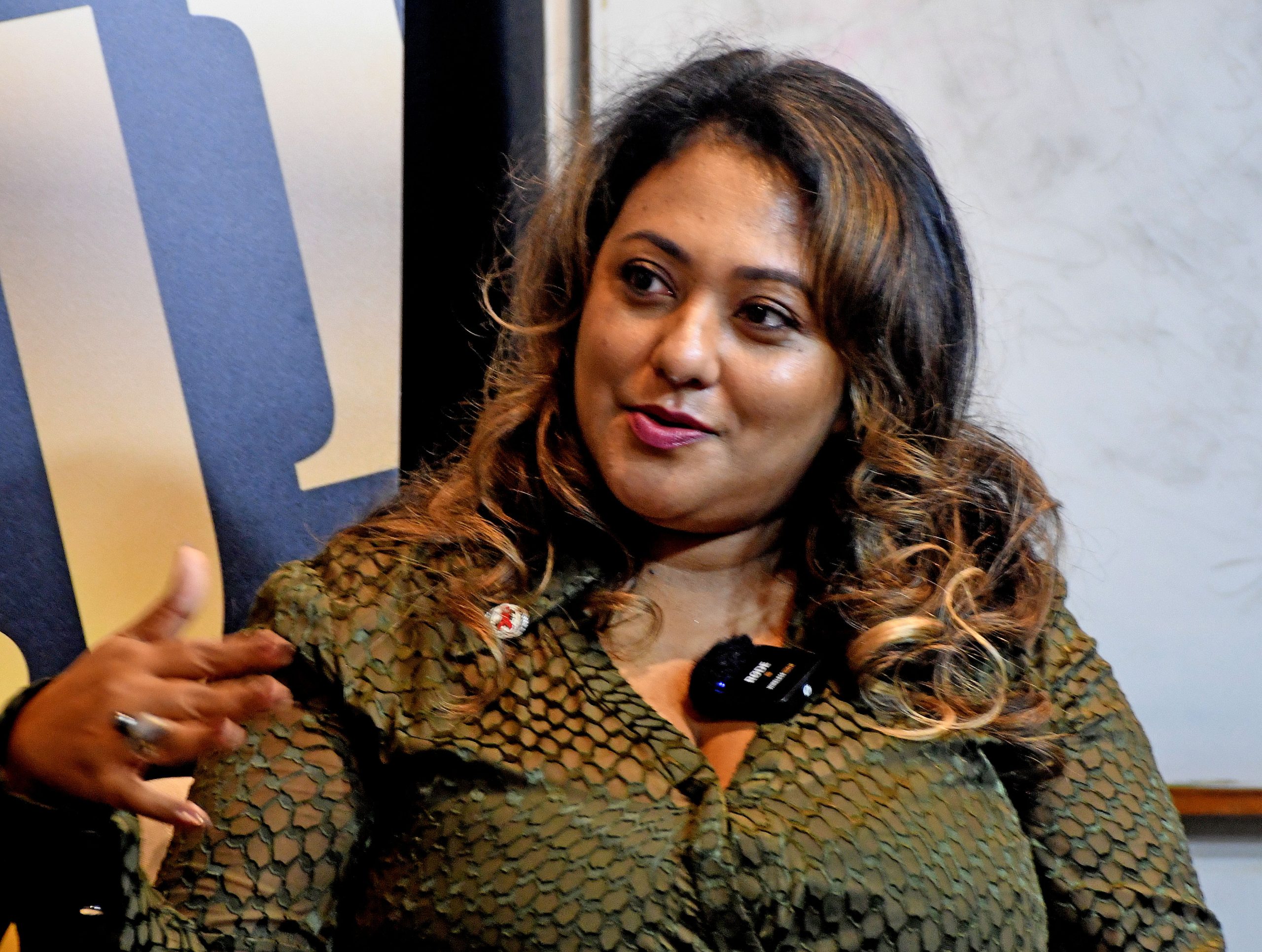UNAIDS advisor to the Pacific, Renata Ram makes a point worth noting. She believes imposing restrictions on the sale of clean needles and syringes, will push people underground, making it harder for them to connect to services.
While voicing strong support for the introduction of a Needle and Syringe Program (NSP), the program, she said, would encourage people who use drugs to come to the health facilities to access services.
She insists that imposing more restrictions on access to clean needles and syringes will not deter drug use.
Instead, it will only drive people underground, further out of reach of the health services that could save their lives and prevent broader public health crises.
Ms Ram’s voice is one of reason and realism in a region where cultural taboos, stigma, and misinformation still heavily influence public health policy.
She makes it clear that the goal of an NSP is to provide a safe entry point for people who inject drugs to access critical services. These services include testing and treatment for HIV and hepatitis, counselling, and access to condoms to reduce the risk of transmission from unsafe sexual practices.
The reality is when clean needles are hard to come by, sharing becomes the norm, and with it, the rapid spread of infectious diseases.
As Ms Ram noted, an NSP offers a chance to interrupt this cycle, giving users a safer alternative while also creating pathways to health interventions that can save lives.
There is an unfortunate perception that such programs might legitimise or encourage drug use.
Consideration of an NSP represents a brave but necessary shift. It acknowledges that ignoring the issue or responding with punitive measures alone will not work.
People who use drugs are part of our communities. They are our neighbours, our family members, and our fellow citizens. Sceptics may insist that shutting the door on them because of their struggles is neither humane nor effective public health policy.
That said, NSPs should not be viewed as the ultimate solution. They are a short-term strategy to contain immediate risks.
What must follow is a broader, society-wide commitment to prevention. We must confront the root causes of drug use which range from poverty, trauma, mental health issues, lack of education to opportunity. This is why we say prevention must begin early with awareness, education, and community support.
This is where our focus must turn.
Let’s rally behind the idea that fighting HIV begins not with free needles, but with proactive, preventative action.
So let’s invest in educational campaigns about the risks of drug use, expand mental health services, strengthen our healthcare infrastructure, and work to destigmatise addiction and HIV.
We can either act now, or deal with far more devastating consequences later.
Introducing a needle and syringe program is not about encouraging drug use. It’s about preventing the spread of HIV, protecting public health, and bringing those in need closer to care.
It is also a reminder that the ultimate goal is prevention.
Again, we say, let’s focus on stopping HIV before it starts, through education, compassion, and community-driven solutions.
Let’s reduce the need for harm reduction programs in the first place. Prevention would be a better path to a healthier, stronger future for us all.

